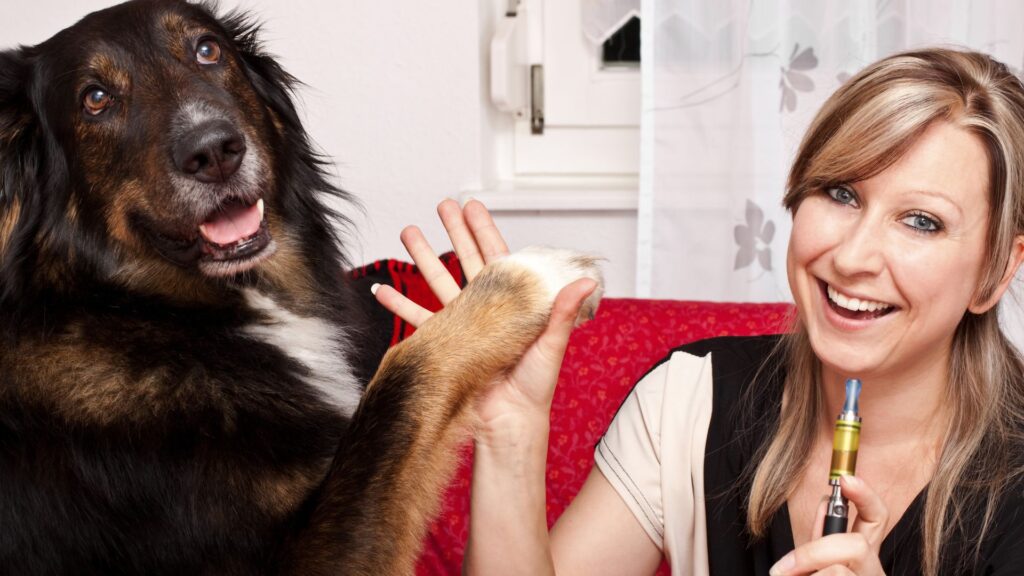As vaping continues to gain popularity, it’s natural to question whether there is a negative impact on animal welfare, particularly concerning their health. This article explores various aspects of this question, examining concerns, available scientific evidence, and recommended practices to minimize any potential negative impact.

Secondhand Vapor and Pets
One of the primary concerns revolves around secondhand vapor from vaping and its impact on pets living with vaping owners. Many studies have shown that secondhand smoke from traditional cigarettes can be harmful to animals, increasing the risk of respiratory diseases, cancer, and other health issues. However, research specifically on secondhand vapor from vaping is still limited.
Current Scientific Evidence
- Respiratory Effects: Some preliminary studies suggest that secondhand vapor from vaping may have milder effects compared to smoke from traditional cigarettes. However, it’s important to note that there are still uncertainties regarding long-term effects and specific risks to animals.
- Chemical Exposure: Animals could be exposed to traces of chemicals present in e-liquid vapors, such as nicotine and other compounds. This raises concerns about potential negative effects on their metabolic and neurological health.
Recommended Practices to Protect Animals
To minimize any potential negative impact on pets, it is advisable to adopt the following practices:
- Vape in Well-Ventilated Areas: Ensure there is good ventilation when vaping around pets. Opening windows and using ventilation systems can help reduce their exposure to vapors.
- Limit Direct Exposure: Avoid vaping too close to pets and try to do so in areas of the house where pets do not typically spend a lot of time.
- Monitor Behavior: Observe your pets’ behavior after vaping for any signs of discomfort or changes in their health. Consult a veterinarian if you notice any concerning symptoms.
- Safety and E-Liquid Storage: Keep e-liquids and vaping devices out of reach of animals to prevent accidental ingestion, which can be dangerous to their health.
While research continues to explore the effects of secondhand vapor from vaping on animals, it’s crucial to take precautions to protect the well-being of our four-legged friends. Carefully monitor animals’ exposure to e-liquid vapors and adopt responsible practices to mitigate any potential risks. We will continue to follow developments in research to better understand impacts and make informed decisions to ensure the welfare of both animals and their owners.
The contents present on the blog “VTI Vape blog” of which the owner of the blog is the author cannot be copied, reproduced, published or redistributed because they belong to the author himself.
Copying and reproduction of the contents in any way or form is prohibited.
The publication and redistribution of contents not expressly authorized by the author is prohibited.
Copyright © 2024 VTI Vape Blog by Matteo Besozzi. All rights reserved.